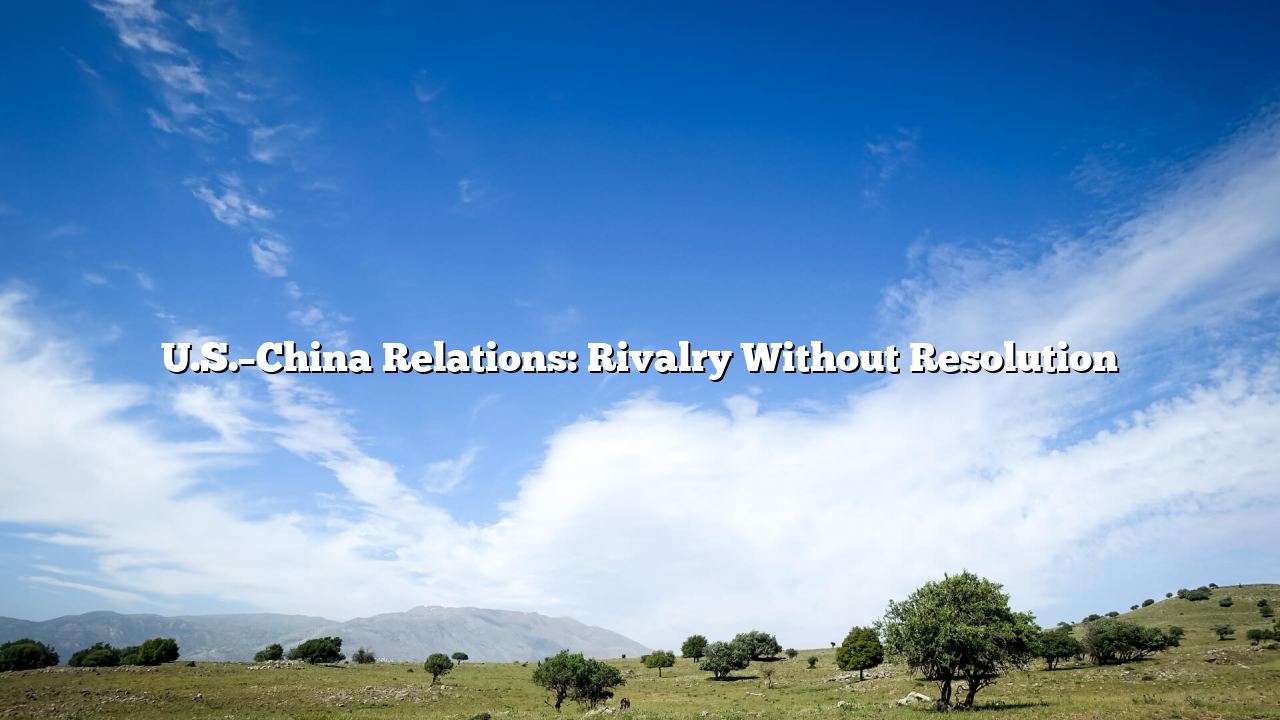The uneasy rivalry between the United States and China shows no signs of easing in 2025, as both powers deepen their competition across trade, technology, and military domains. Despite high-level talks aimed at preventing escalation, mutual Download APK Naga169 distrust continues to define the world’s most consequential bilateral relationship.
In Washington, the Biden administration has reaffirmed its strategy of “responsible competition,” balancing economic engagement with security deterrence. The U.S. has maintained export controls on advanced semiconductors and tightened scrutiny on Chinese investments in strategic sectors. “We’re not seeking conflict, but we won’t accept coercion,” said Secretary of State Antony Blinken.
Beijing, meanwhile, accuses Washington of attempting to “contain China’s rise.” The government has intensified domestic innovation programs under its “Made in China 2035” initiative, investing heavily in quantum computing, AI, and green energy technologies. “The era of technological dependence is over,” declared Premier Li Qiang.
Tensions remain high in the Taiwan Strait, where China’s military exercises have become more frequent and aggressive. The U.S. continues to supply defensive arms to Taipei, framing its actions as support for democracy. Chinese officials have warned that any move toward Taiwanese independence would cross a “red line.”
Beyond Asia, competition extends to global influence. Both nations are vying for leadership in Africa and Latin America through infrastructure funding, trade deals, and diplomatic outreach. The U.S. seeks to counter China’s Belt and Road Initiative with the G7’s “Partnership for Global Infrastructure and Investment,” though progress has been slow.
Analysts argue that rivalry has become structural, not situational. “We’re entering a long-term phase of coexistence under tension,” said political scientist Dr. Evelyn Grant. “Neither side can afford decoupling, but neither can fully trust the other.”
Despite the friction, both powers share overlapping interests in climate policy and global stability. However, with elections looming in both nations, political posturing may overshadow cooperation. The coming year could determine whether managed competition gives way to outright confrontation.
